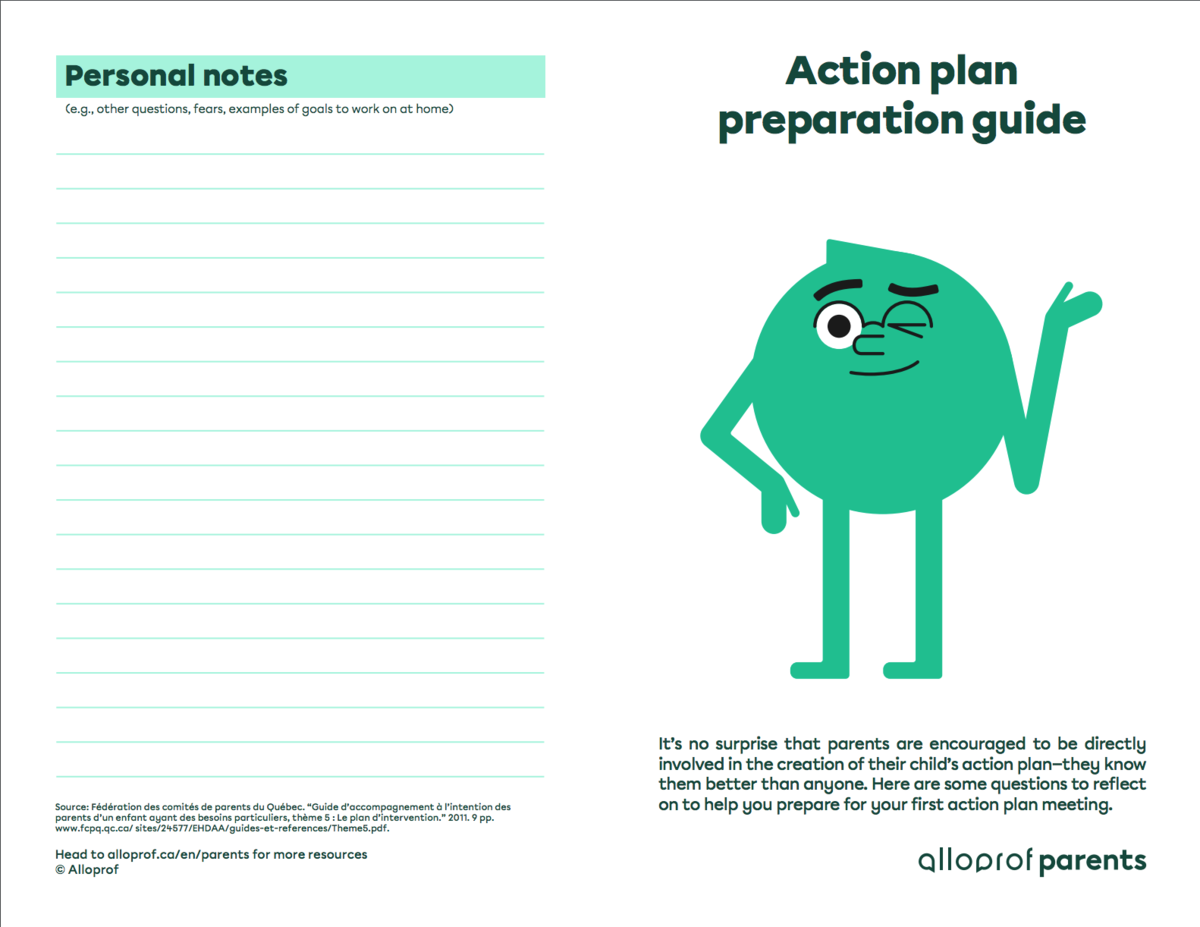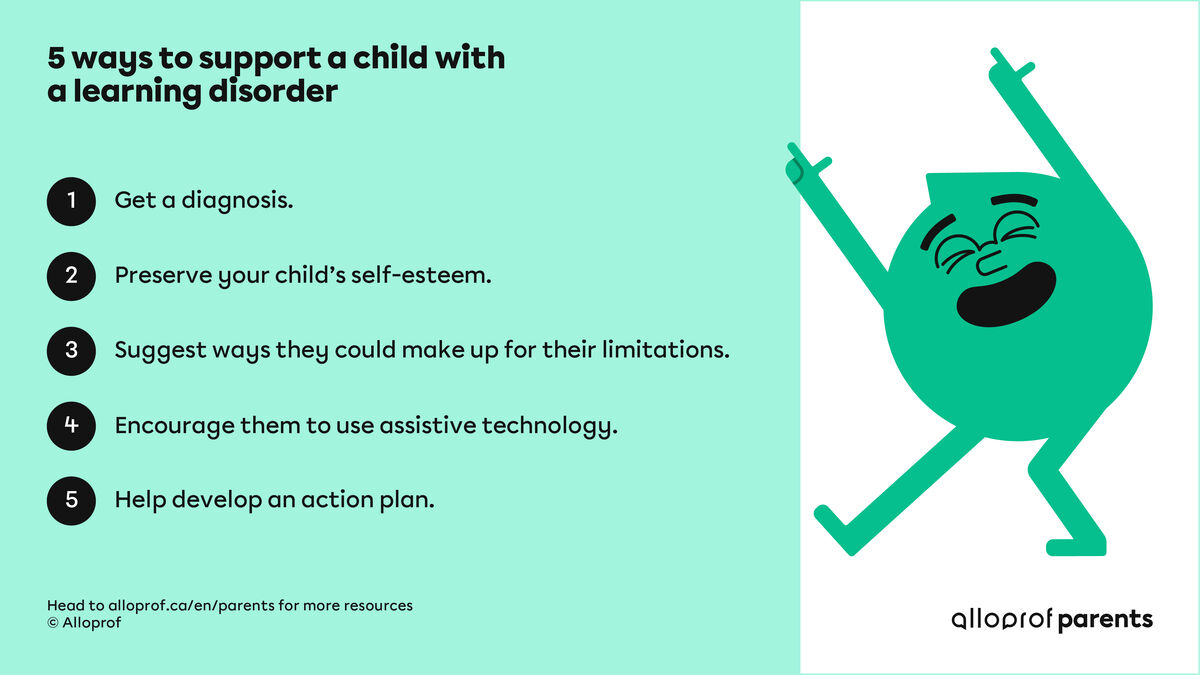How to support a child with a learning disorder
Alloprof parents
Is your child coping with a learning disorder? Fortunately, you can help them understand why they’re different and surmount the challenges that lie ahead. With the following strategies, you’ll be better equipped to support your child.
A learning disorder has nothing to do with intelligence. It’s an information-processing problem that can affect different aspects of brain functioning, like the following:
- Organization
- Memory
- Comprehension
- Processing verbal or non-verbal information
- Etc.
Often—but not always—a learning disorder will coexist with other difficulties, like the following:
- Attention deficit hyperactivity disorder
- Hyperactivity
- Behavioural disorders
- Emotional maladjustments
- Sensory deficits
- Etc.
Getting a diagnosis isn’t necessary, but it can have many benefits. For instance, it can help you do the following:
- Put your child’s difficulties into words
- Get proper follow-up care
- Better understand your child’s behaviour
- Ease your frustrations, as well as your child’s
- Etc.
To learn more about the topic, check out our learning disorder section.
Children who are coping with a learning disorder often face a number of challenges. It’s therefore essential to foster their self-esteem. To help your child believe in their academic ability, you can say the following:
- Even if you don’t learn as fast as your classmates, you’re just as smart as they are.
- Your disorder doesn’t define you; you have so many great qualities.
- I love you just the way you are !
- I believe in you !
- I’m so proud of what you’ve achieved.
- Everyone learns at their own pace.
- Etc.
Suggest ways they could make up for their limitations
A child with a learning disorder can overcome their limitations in all sorts of ways. Depending on their needs, you can encourage them to do the following:
- Ask questions in class to stay focused
- Summarize information in their own words to make it easier to remember
- Use their school agenda to help them follow a routine
- Take notes to help them learn and stay focused
- Break down tasks and check them off once they’re complete so nothing is forgotten
- Etc.
For children with learning disorders, assistive technology can be a real lifesaver. In fact, these tools can make the following school-related tasks much easier:
- Reading and writing
- Arithmetic
- Organization
- Etc.
Here are a few very useful assistive technology tools:
- Word prediction software
- Proofreading software
- Text-to-speech software
- Graphic organizers
- Smartpens
- Etc.
An action plan is a little bit like a guide. Created in collaboration with the school team, this document contains a list of actions that aim to foster your child’s development. An action plan can help you do the following:
- Determine your child’s abilities
- Identify their needs
- Set goals
- Find ways to help them achieve their goals
- Etc.
Need help preparing for an upcoming meeting about your child’s action plan? Check out our handy guide.

Download this file
Collaborators
Writing : Catherine Couturier
Scientific review : Nathalie Paquet Bélanger, orthopédagogue
—
Rewriting : Alloprof Parents’ team

